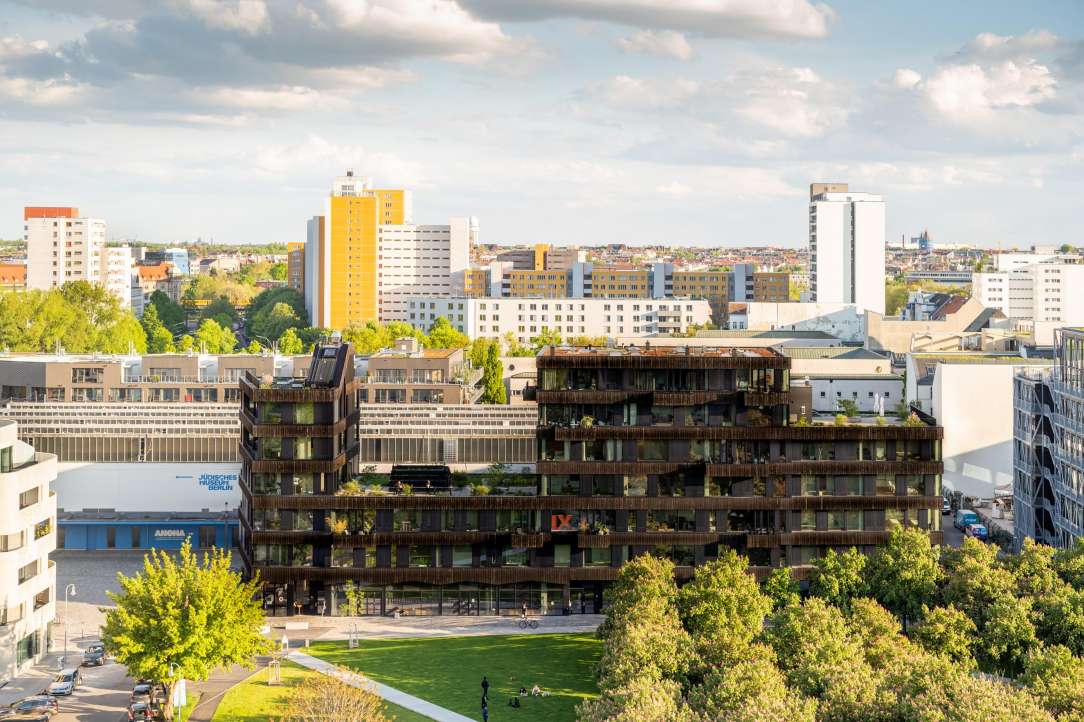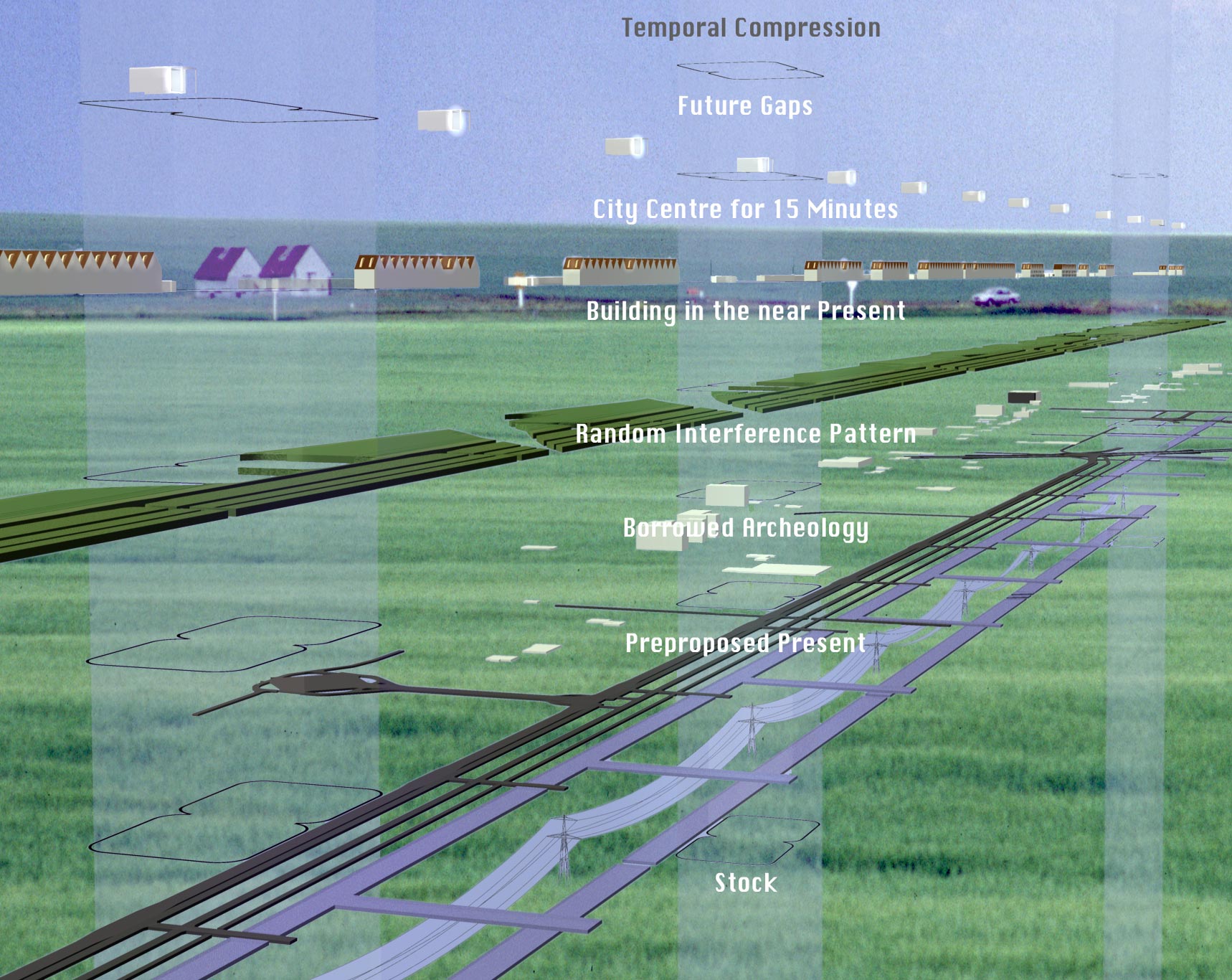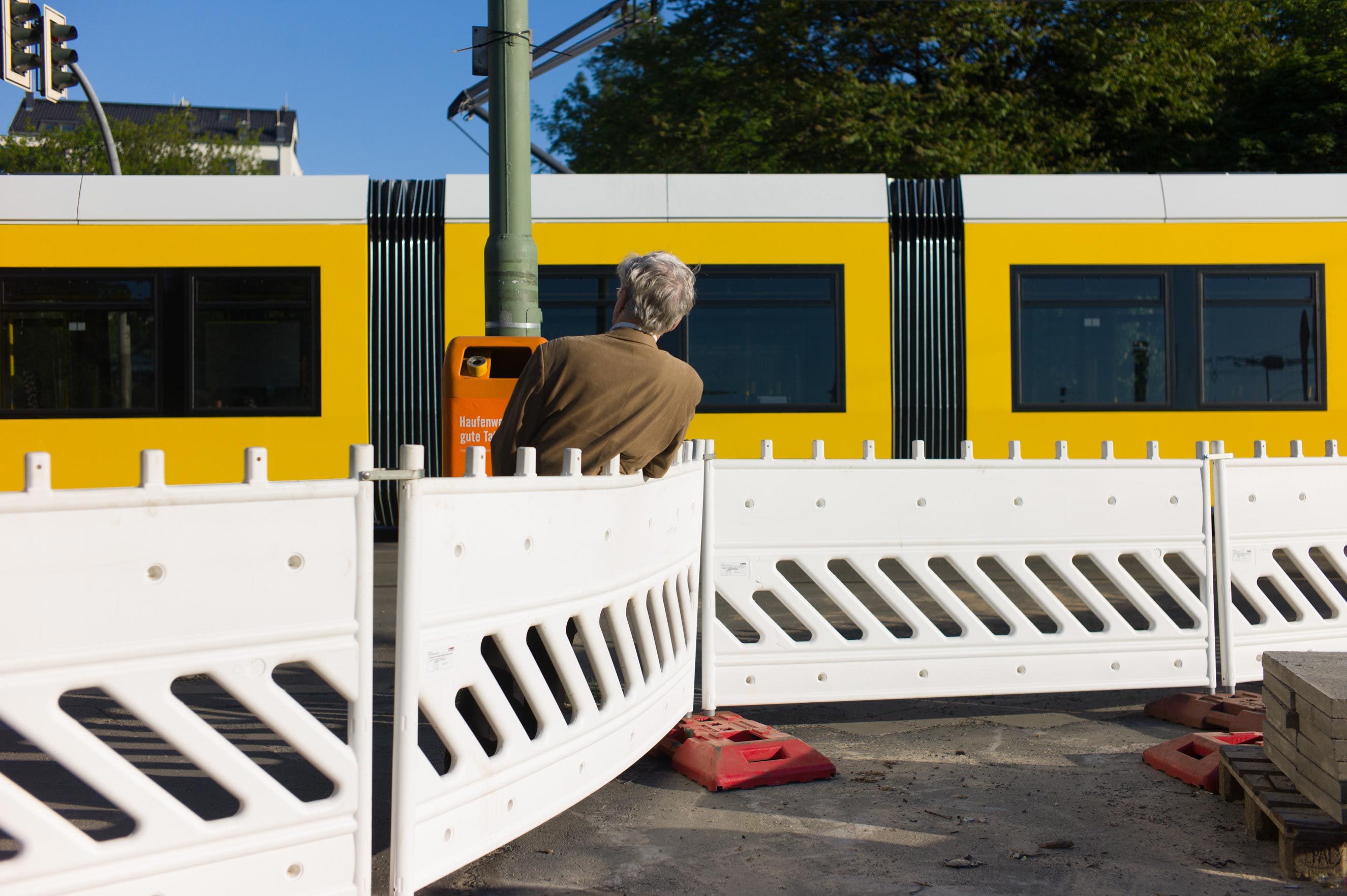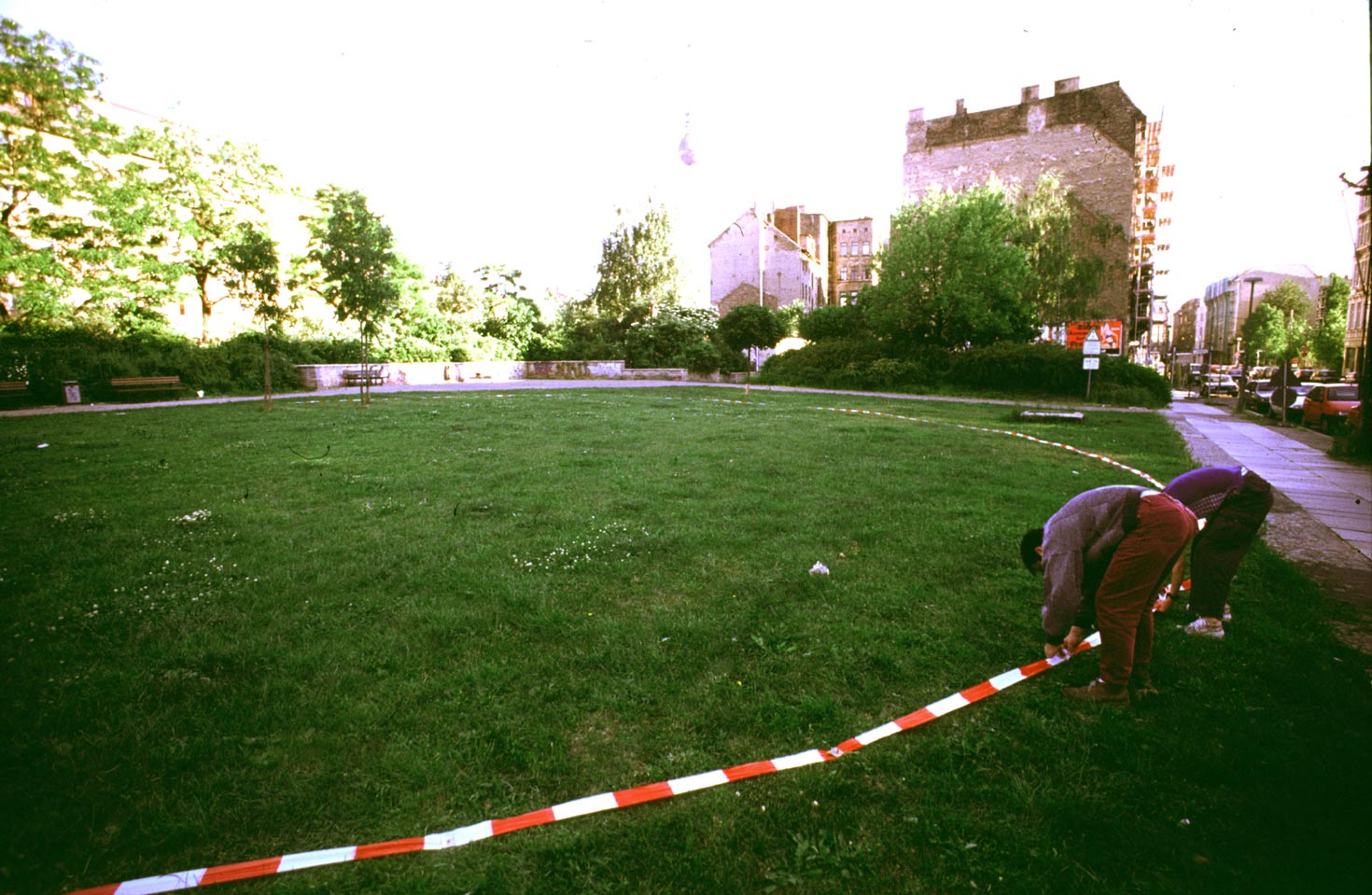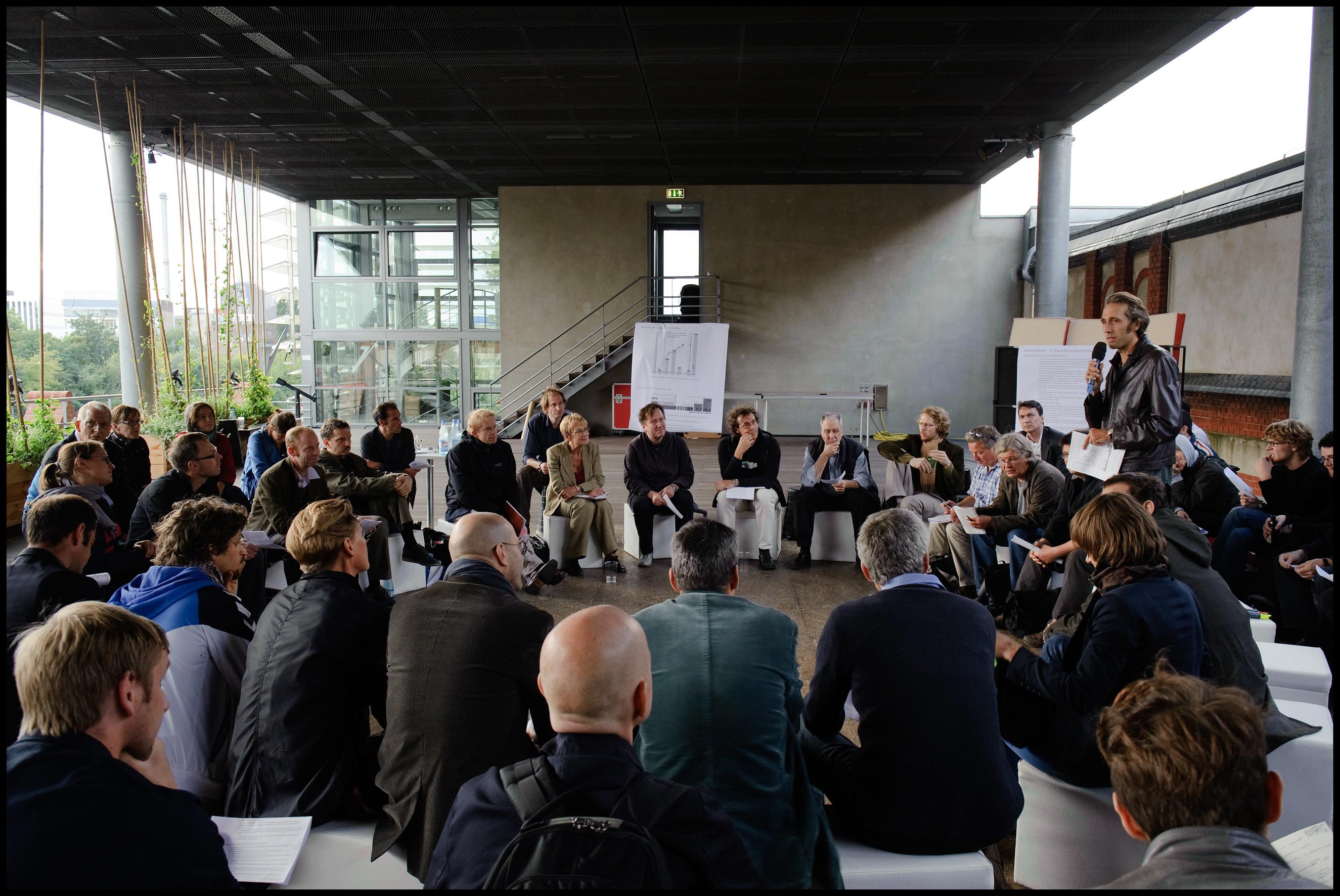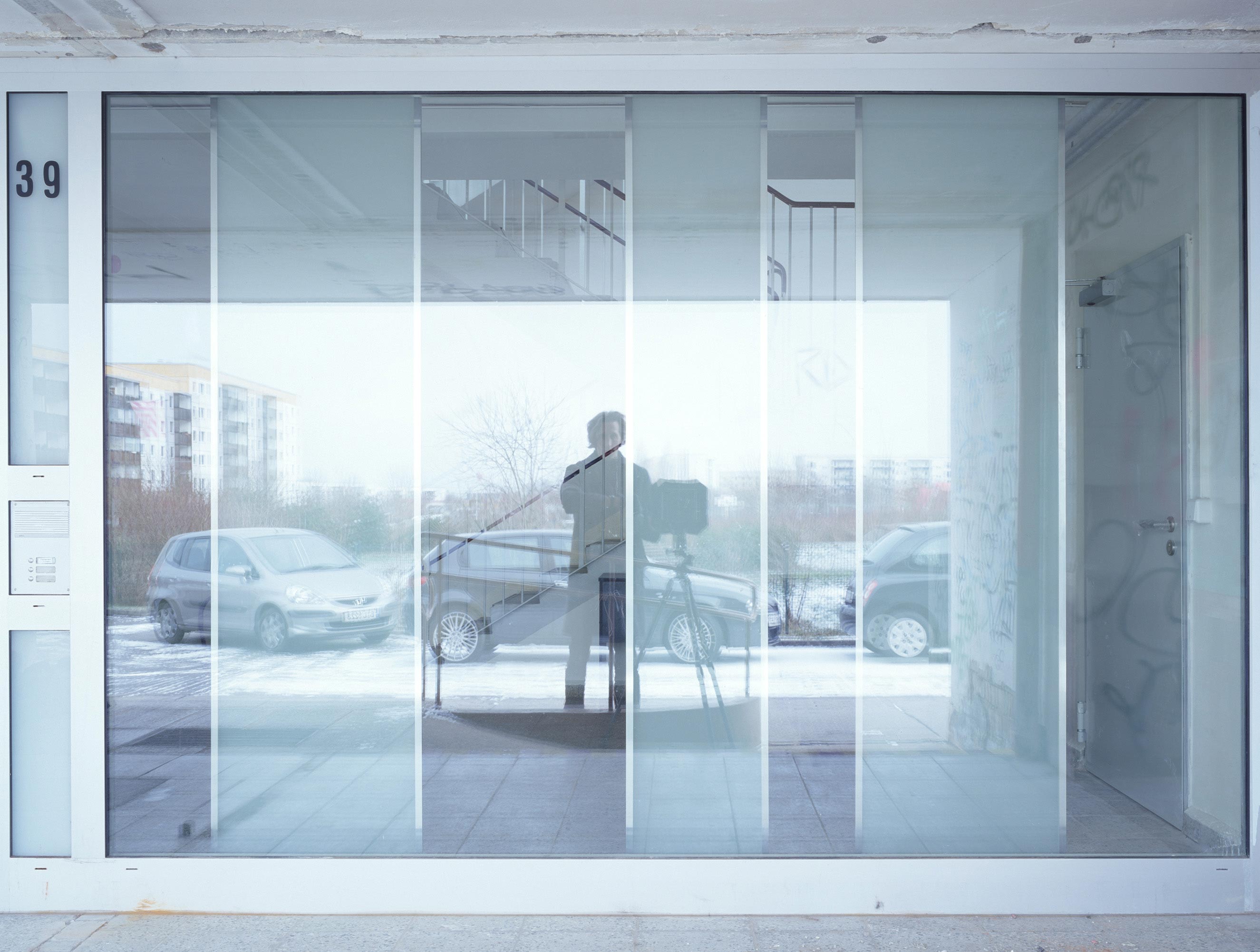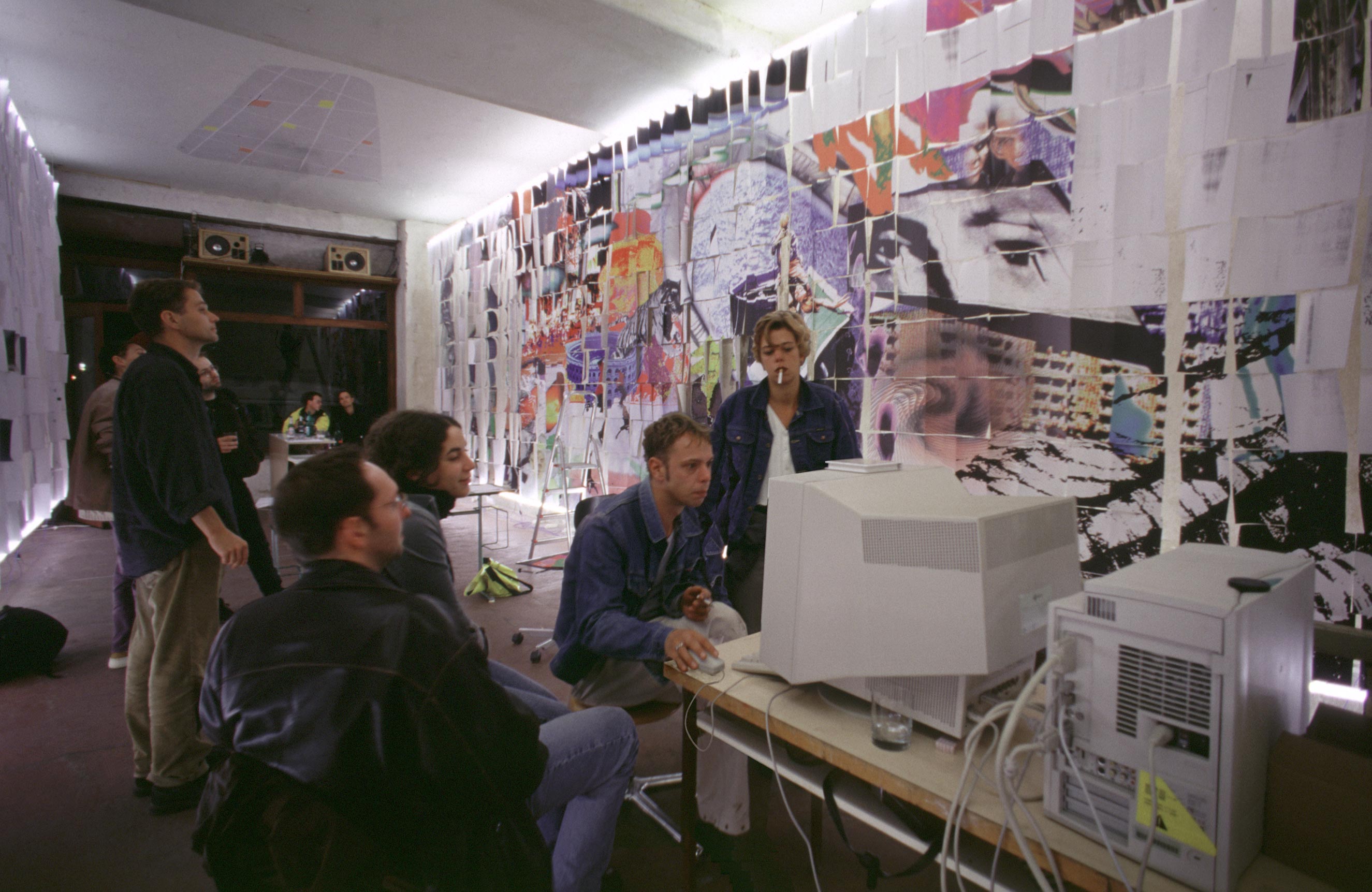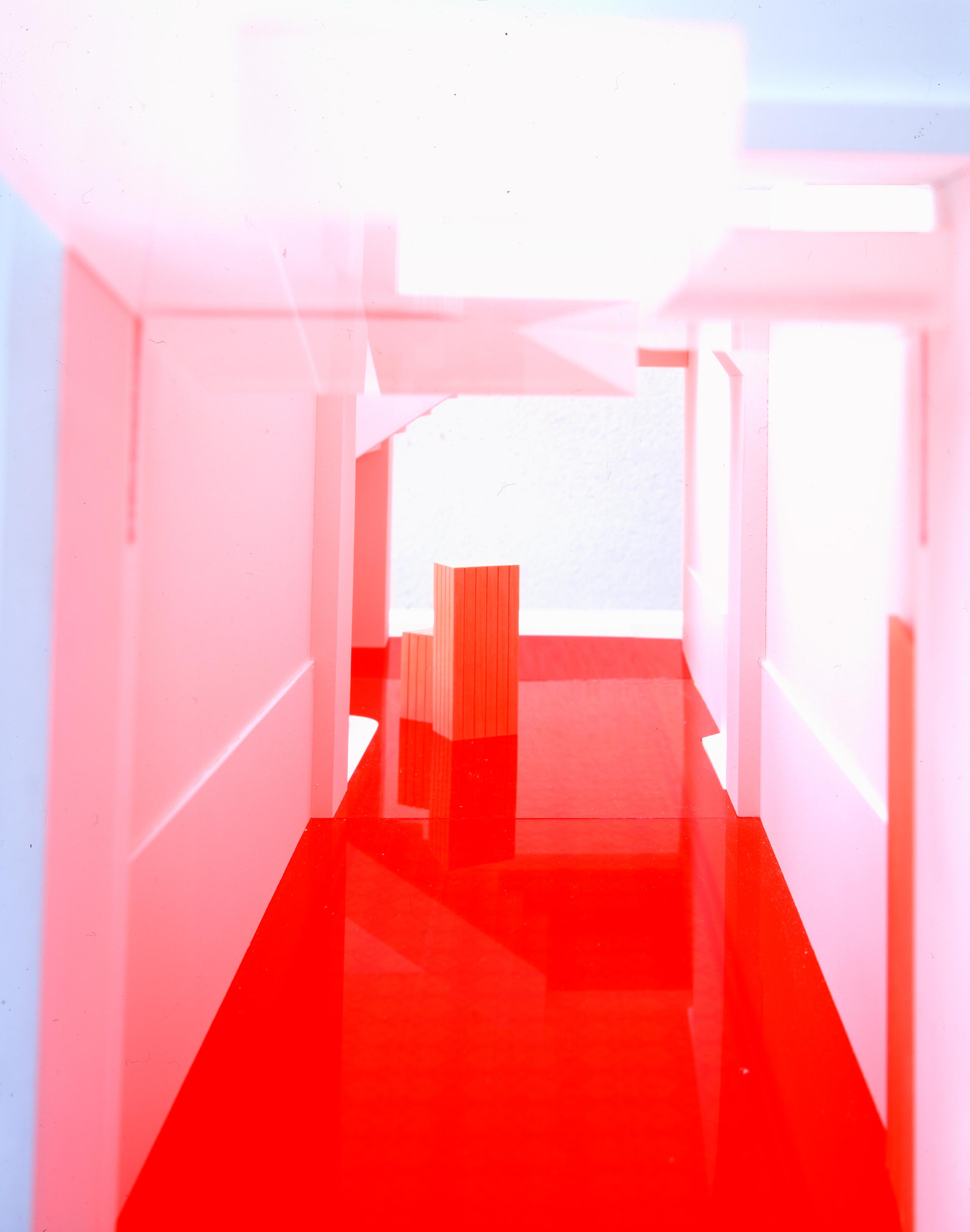
17.02.2022
Frizz23 – Finalist for the Mies van der Rohe Award
We feel greatly honoured that the Jury has chosen Frizz23 as one of 5 finalists for the EU Mies Award.
This excerpt from the press release from the Fundació Mies van der Rohe explains the jury’s decision:
The European Commission and the Fundació Mies van der Rohe, have revealed the seven finalists that will compete for the 2022 European Union Prize for Contemporary Architecture – Mies van der Rohe Award, 5 in the Architecture category and 2 in the Emerging Architecture category....
The Jury considered that the 7 finalist works encourage and become models and references for local city policies. They tackle with new management models based on the community and circular sustainability processes. The works also focus on the productive and self sufficient city which is developed in a pedagogical way, dignifying the space that we inhabit and use. They are also a result of well-developed construction processes, and the care in the use of materials and details: a dignification of the day to day architecture, a dialogue between monumentality, education and heritage.
The Jury will be visiting the finalists at the end of March, and announce the winner at the end of April.
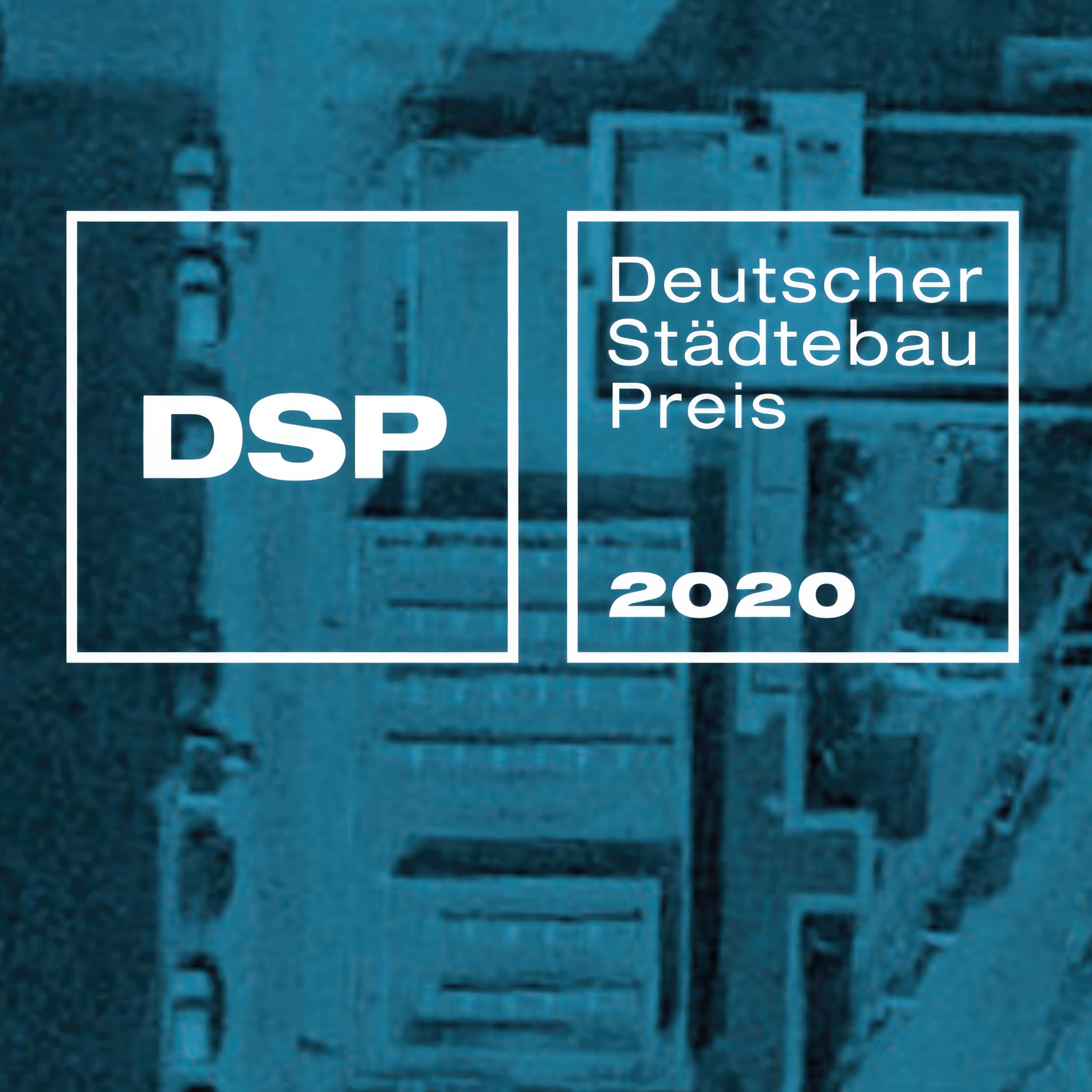
23.04.2021
Winner: Deutscher Städtebaupreis
The Quartier am ehemaligen Blumengroßmarkt has won the Deutscher Städtebaupreis 2020. This important national prize for urban design is awarded by the German Academy for Urban and Landscape Planning every second year. Deadline is proud to have contributed Frizz23 as one of four buildings in the prize winning ensemble.
We were particularly grateful that the jury chose to recognize the pioneering work so many different people and organizations have done to make this happen. We hope that the prize will help disseminate the strategies and models we developed, and that it will encourage more cities to actively pursue participative urban development on a large scale.
As the chairwoman of the jury, Prof. Dr. Christina Simon-Philipp, HFT Stuttgart, explains:
Das Quartier am ehemaligen Blumengroßmarkt ist ein hoch-komplexes und intelligentes Projekt mit vielen spannenden und sehr engagierten Beteiligten, deren Motivation und Ziel es ist, Stadt kooperativ und ko-kreativ weiterzuentwickeln.()
Stadtverantwortung und Stadtreparatur vereinen sich par Exzellenz: Urbane Vielfalt, gemeinschaftliche Teilhabe, aktive Erdgeschossbereiche und eine höchst vielfältige Mischung aus Trägern, Nutzerinnen und Nutzern ()
Das Projekt setzt damit Orientierung und Maßstäbe für die sozial orientierte, von vielfältigen Akteuren getragene Stadtentwicklung und ist im Sinne des Deutschen Städtebaupreises besonders beispielgebend.
For further information please see the project description from the DASL
Quartier am ehemaligen Blumengroßmarkt
Architects and Planners
- bbzl böhm benfer zahiri landschaften städtebau
- Rehwaldt Landschaftsarchitekten
- bfstudio Partnerschaft von Architekten mbB Benita Braun-Feldweg & Matthias Muffert
- Deadline Architekten Griffin Jürgens GbR
- ifau – Heinemann, Heiß, Schmidt GbR, Heide & von Beckerath Architekten PartG mbB
- E2A / Piet Eckert und Wim Eckert Architekten
in collaboration with
- Belius GmbH, Büro Urbanizers
Clients
- Stiftung Jüdisches Museum Berlin, Senatsverwaltung für Stadtentwicklung und Wohnen (u.a. Manfred Kühne, Leiter Abt. II) sowie Umwelt und Verkehr (u.a. Renate Koll-Hortien Abt. III C), Bezirk Friedrichshain- Kreuzberg (u.a. Matthias Peckskamp, Leiter FB Stadtplanung)
- METROPOLENHAUS Am Jüdischen Museum GmbH & Co. KG
- IBeB GbR (Selbstbaugenossenschaft Berlin eG, ev. Gemeindeverein der Gehörlosen, priv. Eigentümer)
- Frizz23 (Forum für Berufsbildung e.V.,Frizz 20 GbR, Miniloft Kreuzberg GbR)
- taz Verlags- und Vertriebsgesellschaft
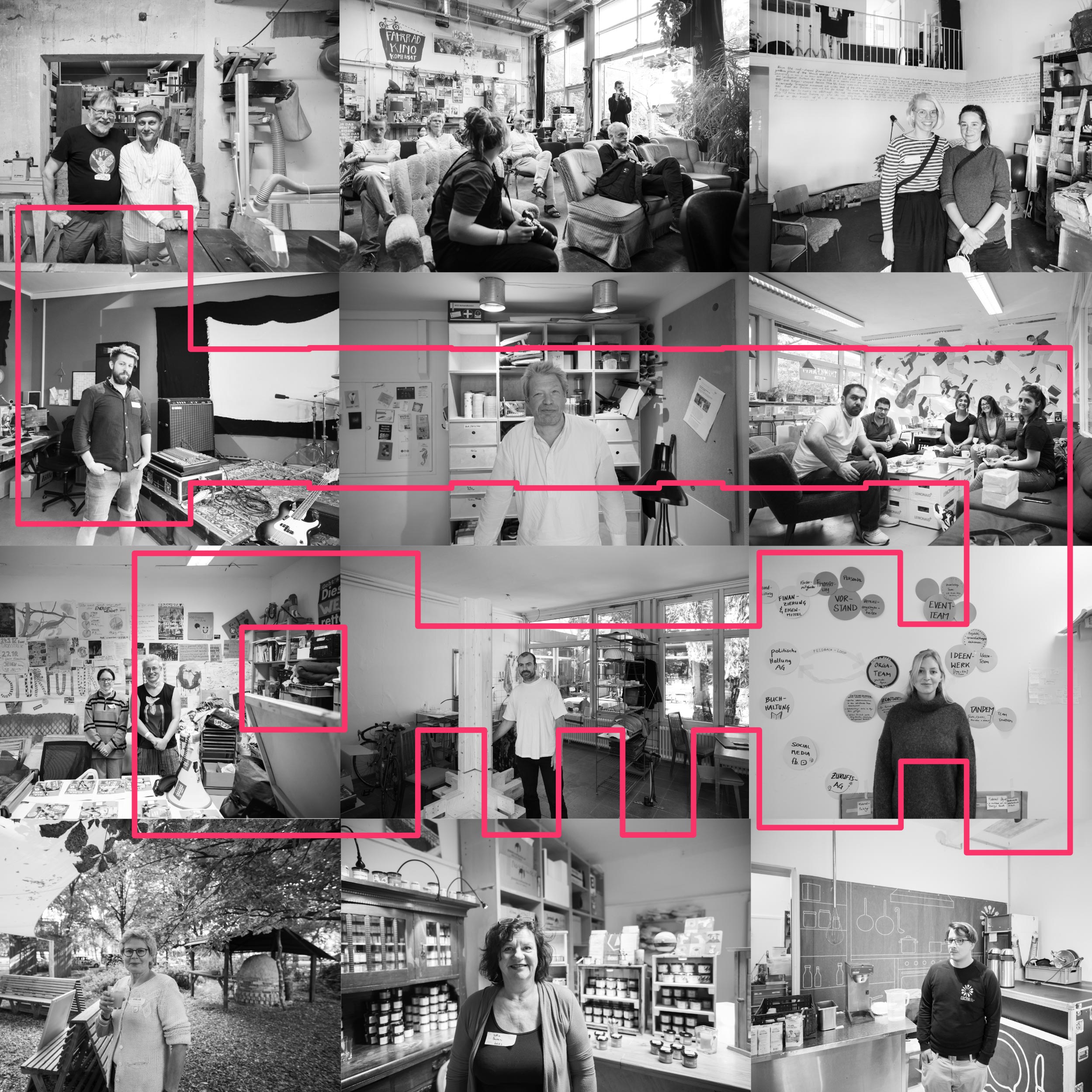
14.12.2021
Deadline selected to redesign the former Muthesius Academy of Art
After an intensive workshop process for the re-development of the Muthesius Academy of Art in Kiel, Deadline Architects have been chosen to realize their design for the site.
The ALTE MU co-operative, made up of ca. 40 local initiatives, invited three offices to design solutions and strategies for the future of the site.
Deadline’s strategy for meeting the diverse needs of the existing users during and after construction, and their distinctive urban design solution prevailed over the other proposals. The jury’s unanimous decision has opened a new and exciting chapter for this centrally located and distinctive late 1950‘s structure.
Our team is excited to work together with the local office graadwies and the multifaceted ALTE MU initiative to adapt the participative design and development models we explored in Frizz23 to a new challenge in this distinctive northern German city.
ALTE MU eG, Lorentzendamm 6-8, 24103 Kiel
